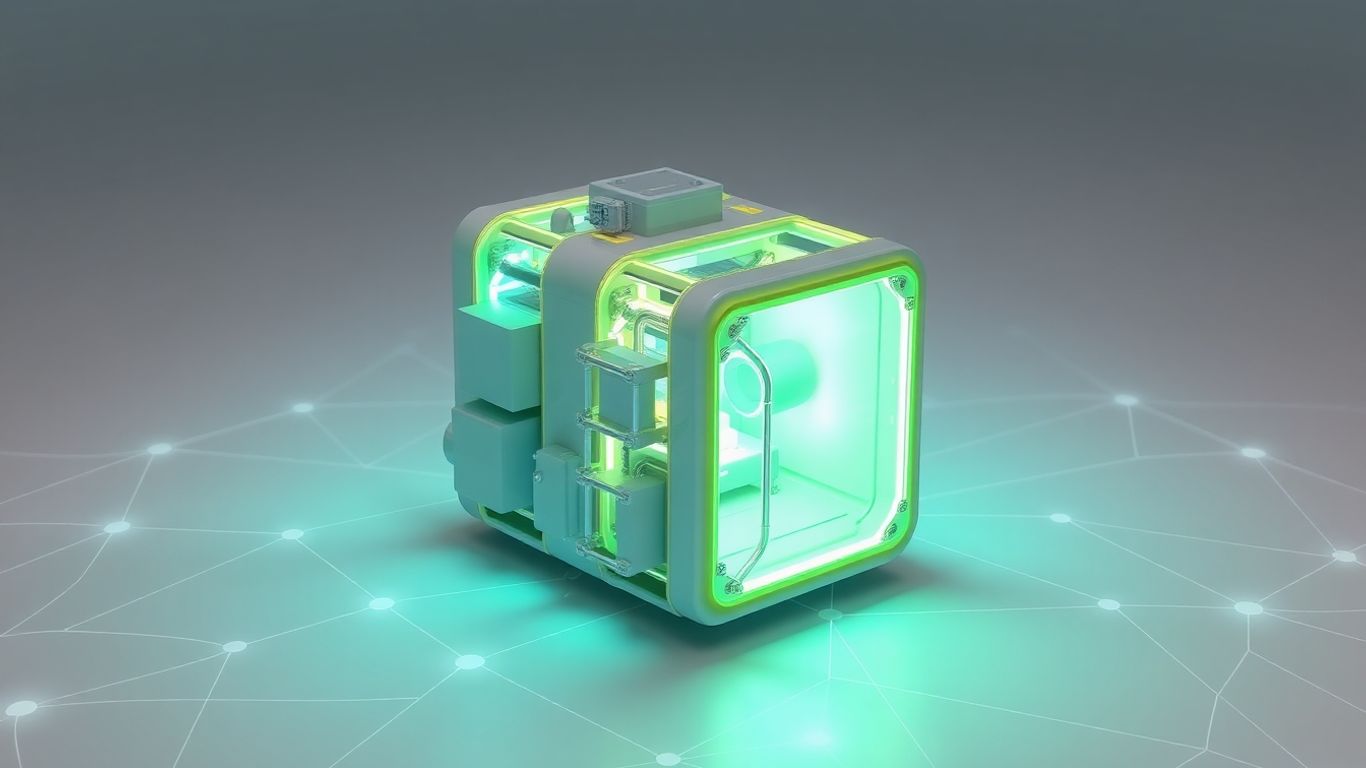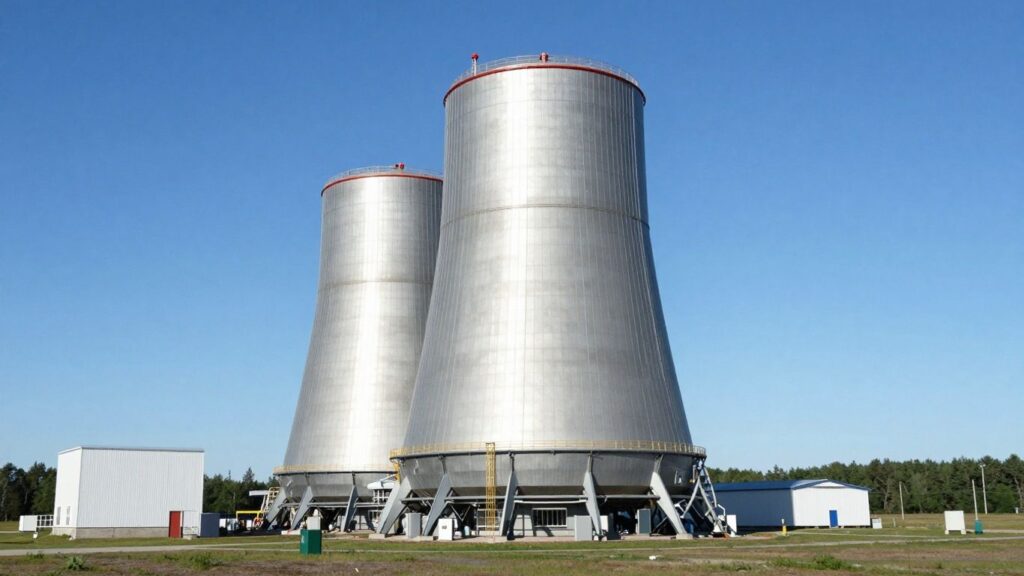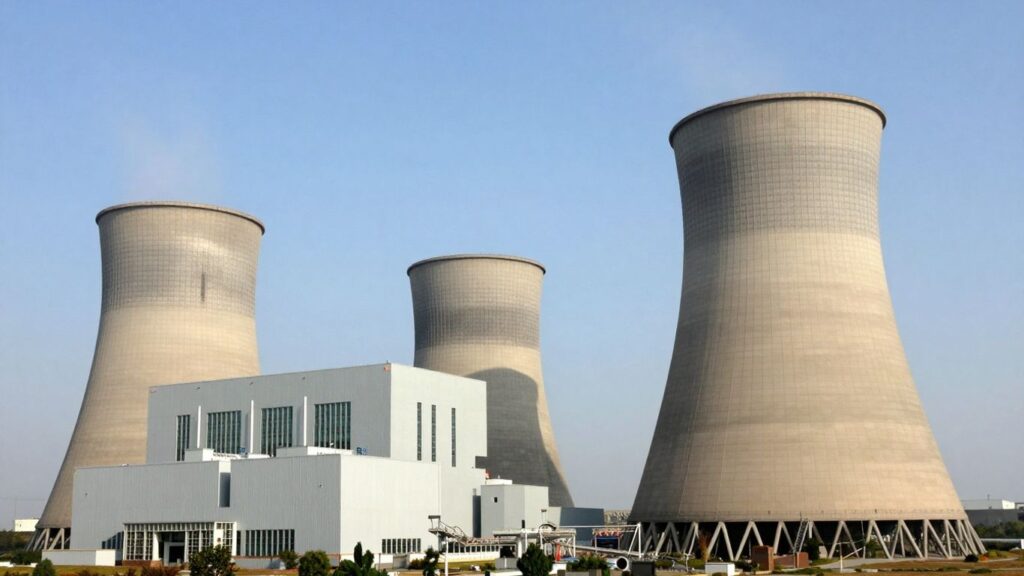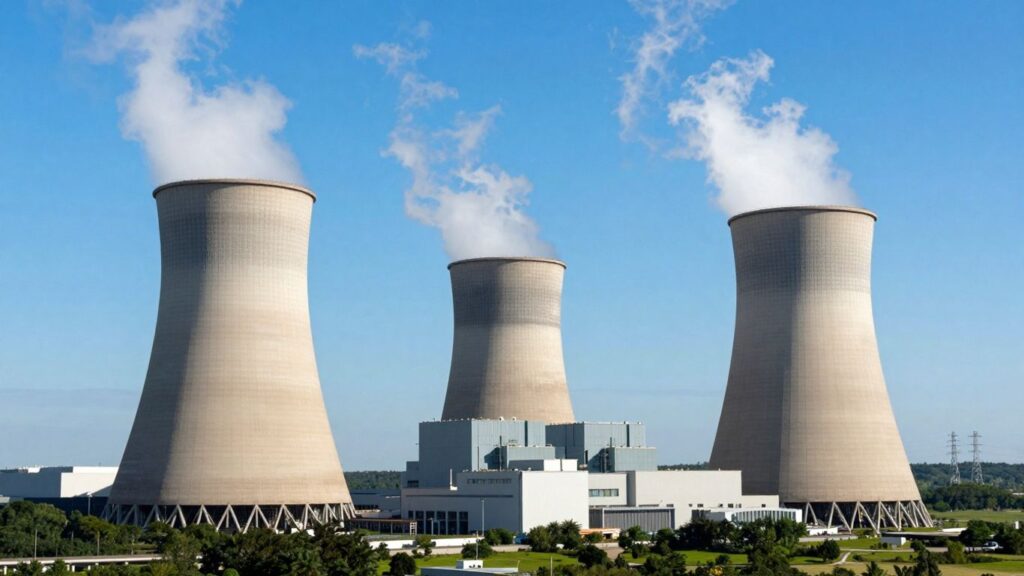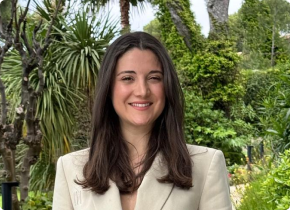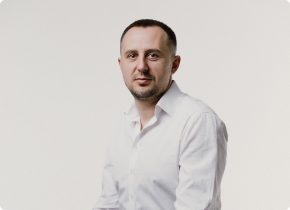The International Atomic Energy Agency (IAEA) is intensifying its efforts to educate policymakers, regulators, and industry professionals about the potential of Small Modular Reactors (SMRs). A recent workshop in Bangkok, Thailand, marked a significant expansion of this global initiative, following a similar event in Kenya.
Key Takeaways
- The IAEA’s SMR School initiative aims to inform governments and industry about SMR technology.
- Asia is showing growing interest in nuclear energy, with SMRs being a key focus.
- The workshops cover technical, regulatory, economic, and infrastructure aspects of SMR development.
Expanding Global Reach for SMR Knowledge
The IAEA SMR School, held in Bangkok from July 21-25, 2025, brought together approximately 40 participants from various countries across Asia, the Middle East, and Europe, alongside 50 Thai officials. Hosted by Thailand’s Office of Atoms for Peace, the workshop is part of a broader IAEA strategy to support informed decision-making regarding SMRs.
This initiative comes at a time of increasing global momentum for nuclear energy, particularly in Asia, which accounts for two-thirds of the world’s reactors under construction. IAEA Director General Rafael Mariano Grossi highlighted the growing interest in nuclear energy within the Association of Southeast Asian Nations (ASEAN), emphasizing its role as a stable, low-carbon energy source.
Focus on SMR Development and Deployment
Small Modular Reactors are gaining attention due to their smaller size, lower upfront costs, and greater flexibility compared to traditional nuclear power plants. The IAEA’s SMR School curriculum delves into critical aspects such as energy system planning, safety and licensing, financing, legal frameworks, waste management, emergency preparedness, and stakeholder engagement. The sessions also address the strategic role of SMRs in achieving net-zero emissions.
Participants shared positive feedback, noting the value of understanding different countries’ experiences and gaining insights from IAEA experts. Uzbekistan, preparing to deploy its first SMRs, expressed confidence in the technology’s contribution to a sustainable energy future. Malaysia also found the exchange of best practices highly beneficial.
IAEA’s Continued Support for SMRs
The SMR School is one component of the IAEA’s comprehensive support package, which also includes the SMR Platform and the Nuclear Harmonization and Standardization Initiative (NHSI). These programs assist countries in developing the necessary infrastructure for SMR development, deployment, and oversight. Future SMR Schools are planned for Buenos Aires, Argentina, in August 2025, with additional sessions scheduled for 2026.
Thailand, having previously explored nuclear power, is now re-evaluating its potential, particularly SMRs, in response to evolving global and regional energy needs and technological advancements.


